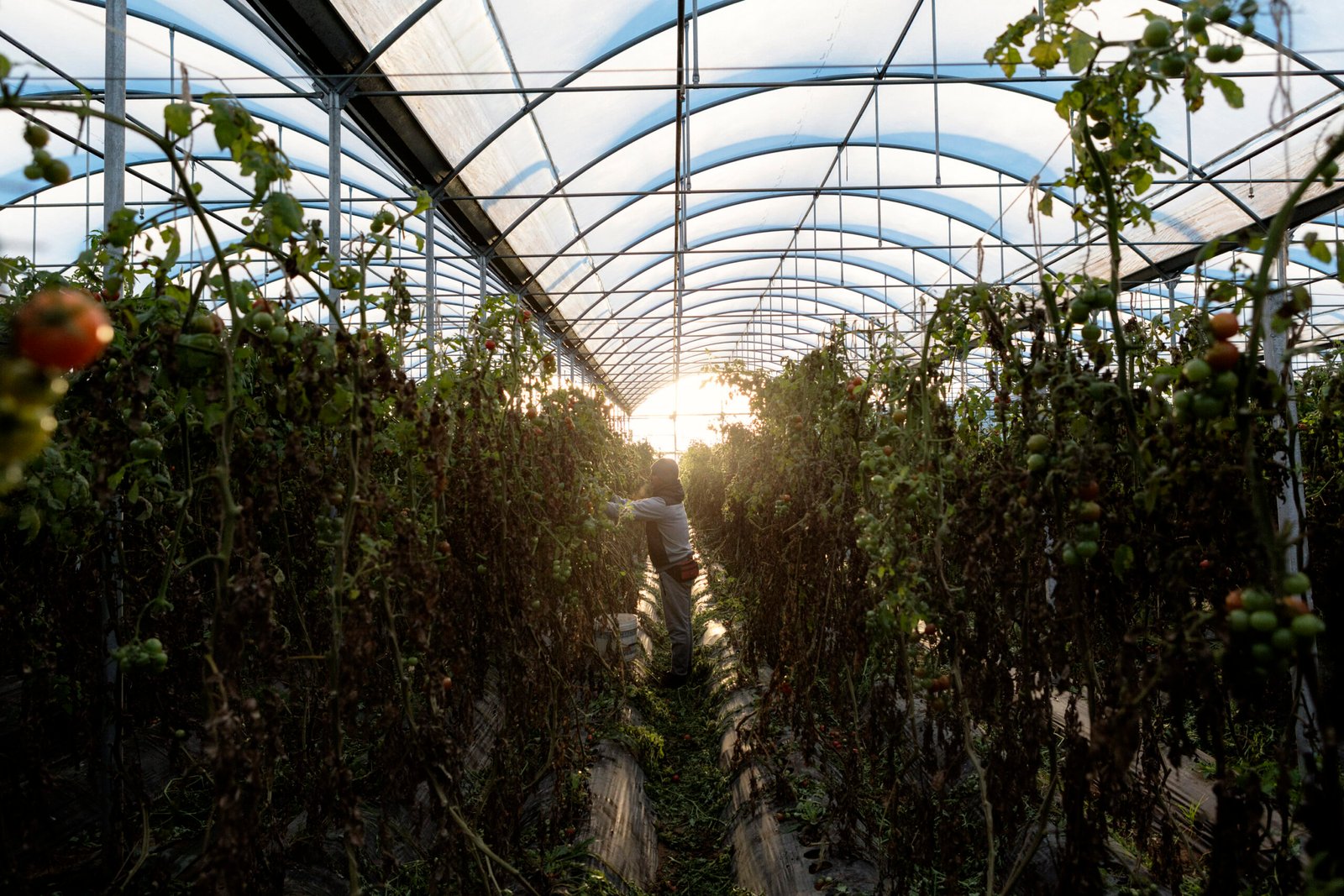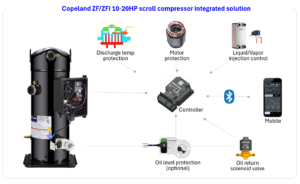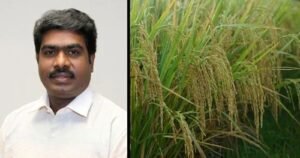Thursday, 5 March 2026
FAO launches global roadmap process to eradicate hunger within 1.5°C limits
The roadmap envisions transforming agrifood systems from a net emitter to a carbon sink The Food and Agriculture Organisation (FAO) initiated the process for the development of a groundbreaking global…

The roadmap envisions transforming agrifood systems from a net emitter to a carbon sink
The Food and Agriculture Organisation (FAO) initiated the process for the development of a groundbreaking global roadmap aimed at eliminating hunger and all forms of malnutrition without exceeding the 1.5°C threshold set by the Paris Agreement.
Unveiled at the United Nations Climate Conference COP28, the Global Roadmap for Achieving Sustainable Development Goal 2 (SDG2) without Breaching the 1.5°C Threshold outlines a comprehensive strategy spanning the next three years that encompasses a diverse portfolio of solutions across ten distinct domains of action.
Against the backdrop of a projected 600 million people facing chronic hunger by 2030 and an escalating global climate crisis, the roadmap calls for a transformative shift in agrifood systems. It challenges the prevailing narrative that increasing production is synonymous with higher emissions and environmental degradation. Instead, it emphasises the opportunity within agrifood systems to enhance production efficiency while aligning with climate mitigation, adaptation, and resilience objectives.
The roadmap identifies 120 actions and key milestones within ten domains, supported by evidence gathered by FAO over several years. These domains include clean energy, crops, fisheries and aquaculture, food loss and waste, forests and wetlands, healthy diets, livestock, soil and water, and data and inclusive policies — the latter two identified as overall systemic enablers.
On the emissions front, it aims to reduce agrifood systems’ methane emissions by 25 per cent by 2030 relative to 2020, achieve carbon neutrality by 2035, and transform them into a carbon sink by 2050, capturing 1.5 gigatons of greenhouse gas emissions annually.
Concerning food and nutrition, it sets a path to eliminate chronic undernourishment by 2030 and ensure access to healthy diets for all by 2050. Additional milestones include halving per capita global food waste by 2030 and updating Food-based dietary guidelines (FBSG) by countries to provide context-appropriate quantitative recommendations on dietary patterns.
The roadmap also emphasises the symbiotic relationship between agrifood systems transformation and climate actions, urging the mobilisation of climate finance for implementation.
Technology
Copeland Launches ZF/ZFI 10-20HP Scroll Compressors
Mar 05, 2026 | Company News
WA Scientists Discover New Deep-Sea Crustacean Stocks with Strong Commercial Potential
Mar 05, 2026 | Australia
Food Testing
NSF and Circle H Collaborate to Enable Global Certification Access
Mar 04, 2026 | Company News
Australian Medical Bodies Push for Compulsory Health Star Labelling
Feb 24, 2026 | Australia
Tim Hortons Singapore Secures Majlis Ugama Islam Singapura Halal Certification Ahead of Ramadan
Feb 23, 2026 | Company News
More Popular
Copeland Launches ZF/ZFI 10-20HP Scroll Compressors
Mar 05, 2026 | Company News
Singapore Expands Support for Local Farms to Strengthen Food Security
Mar 05, 2026 | Food Security






